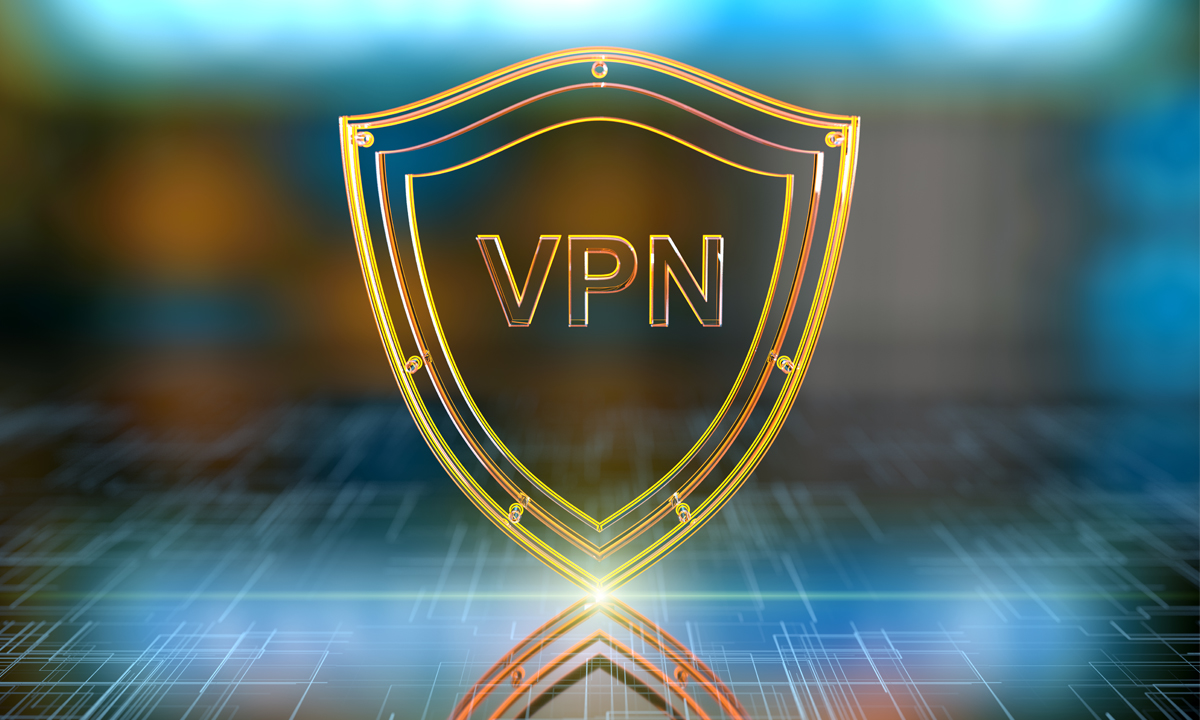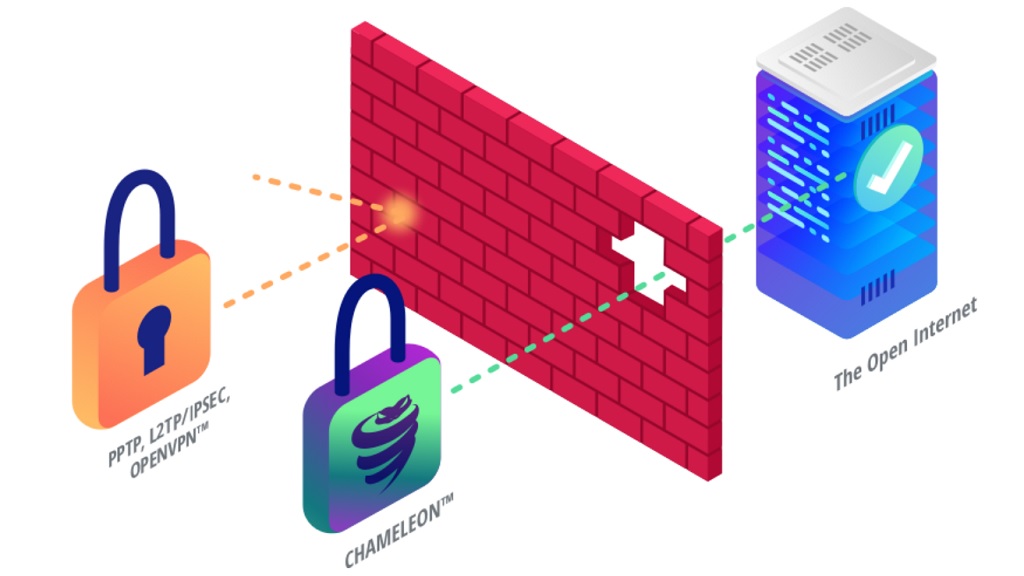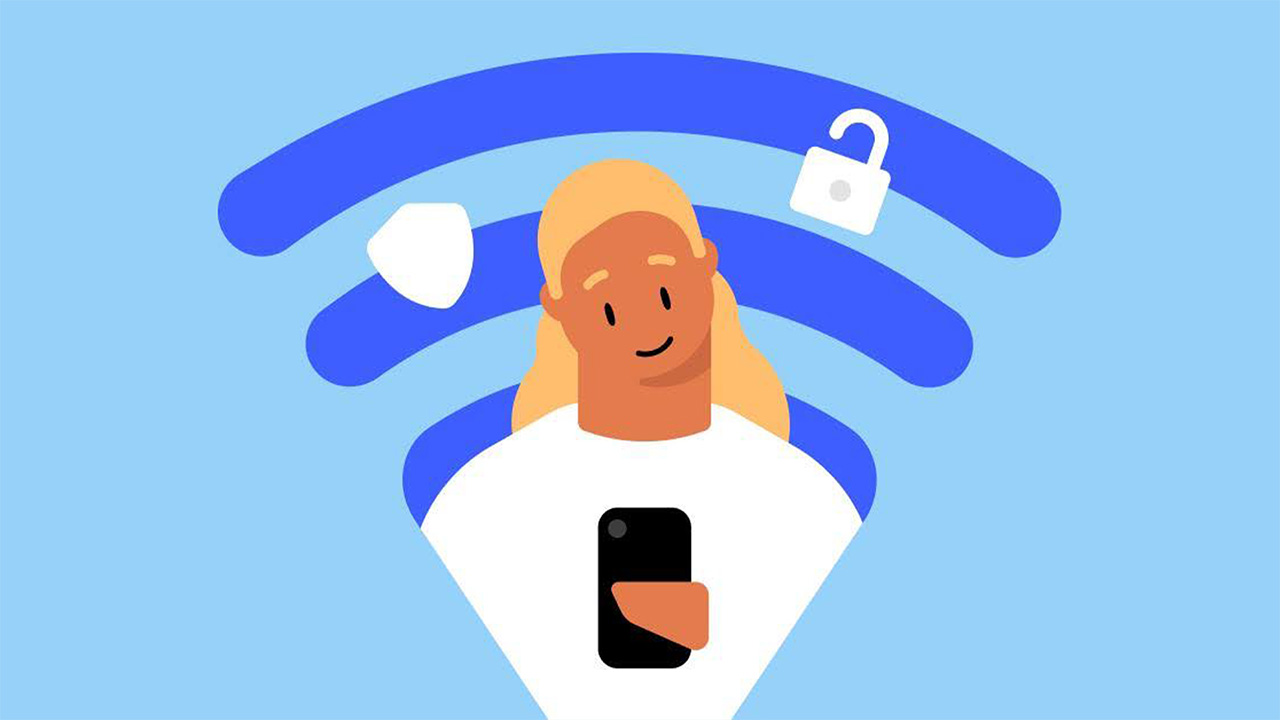What is VPN obfuscation and do I need it?
It's the technology that allows you to circumvent VPN blocking

Despite many benefits, VPNs can sometimes come unstuck and you may find yourself blocked from visiting certain websites online. The fact you're using a VPN can be detected by network filters – and this is where VPN obfuscation comes in.
Obfuscation hides the fact you're connected to a VPN, ensuring you're always protected online and can freely use the internet without encountering any trouble.
All the best VPN services offer obfuscation in one form or another, but do you really need it?
Below, we'll explain what VPN obfuscation is, how it works, and its relevance today.
What is VPN obfuscation?
VPN obfuscation is the use of specialized servers that hide the fact you're using a VPN. Obfuscation makes VPN traffic look like a normal internet connection and this allows you to bypass any VPN blocks and network filters.
When you access the internet, data packets containing relevant data information are sent over the network. Internet service providers (ISPs) often use a technique known as Deep Packet Inspection to analyze these packets and determine whether or not you're using a virtual private network.
When connected to a regular VPN server your data will always be encrypted, and your browsing history cannot be seen by your ISP. However, your ISP can differentiate encrypted VPN traffic from normal, unencrypted internet traffic and can block it as a result.
Obfuscation disguises this encrypted traffic, allowing it to slip through undetected.

Obfuscation examples
Many VPNs offer obfuscated servers and some even have their own customized versions.
Surfshark has Camouflage Mode, Proton VPN has Stealth, VyprVPN has its Chameleon Protocol, and NordVPN has recently introduced NordWhisper.
For many VPNs, VPN obfuscation is a feature you can turn on and off. However, ExpressVPN includes obfuscation as standard across all of its 3,000+ servers. It automatically turns on when you connect to a server and you don't need to manually enable anything. Private Internet Access (PIA) and IPVanish also offer obfuscated servers.
New VPN on the block, Obscura VPN, has claimed it can "outsmart internet censorship" and features a custom obfuscation protocol that allows you to blend in with regular internet traffic.
How does VPN obfuscation work?
There are different techniques for successfully applying VPN obfuscation. It can be done by creating an additional layer of encryption able to mimic regular HTTPS traffic, for example. Or, the software may scramble the data so that the algorithm would fail to recognize it.
However, without going into too much technical detail, the aim is always masking any traces of a VPN connection from the data packets traveling on the net.
Notably, OpenVPN is the only widespread protocol able to support these obfuscation techniques. The other widespread protocol, WireGuard, does not focus on obfuscation. WireGuard themselves say obfuscation "should happen at a layer above" the protocol.
Protocols unique to secure VPN providers, such as Lightway, NordWhisper, Stealth, and Chameleon, also support obfuscation.

Why is VPN obfuscation useful?
VPN obfuscation is a very useful feature to have for all types of users. But, for some of those, it's actually a necessity.
Below, we walk you through some specific use cases:
- Successfully unblocking streaming content: Using a VPN to unlock foreign streaming libraries is a very popular practice among users. This is why major platforms, like Netflix or BBC iPlayer, apply geo-restrictions to their content. Despite the fact that using circumvention software for eluding these restrictions is not a crime, it's against streaming providers' terms and conditions. For this, they try hard to prevent their customers from using such tools. And, if your streaming VPN fails, a solid VPN obfuscation feature may be of help.
- Bypassing network restrictions: Similarly to the above-mentioned use case, your workplace or school's network might block VPN traffic for security or any other reasons. Here, you may want to use VPN obfuscation to elude any type of restrictions.
- Bypass VPN bans: In countries where strict online censorship is enforced - like China, for example - authorities are actively striving to prevent VPN users from accessing banned websites or apps. It is also worth mentioning that using a VPN is actually a crime in some of these nations - and it will be at your own risk deciding to do so. China, along with Russia, Iraq, and North Korea, has some of the world's strictest VPN laws.
- Boost security: As a rule of thumb, an additional layer of encryption is beneficial in terms of privacy protection. That's why VPN obfuscation can also mean better security for your data. This might be useful for users whose anonymity is paramount, like activists, politicians and journalists.

Do you need VPN obfuscation?
As explained above, you very much need VPN obfuscation in certain situations.
You might want to enjoy better privacy and security as you live in a heavily controlled country. Or, you find yourself not being able to use your VPN service for accessing certain sites under a specific network. For any of these scenarios, VPN obfuscation can come very handy.
However, for day-to-day usage, VPN obfuscation doesn't offer a huge benefit – and in fact, it's likely to slow down your connection a little.
So, when speed is critical – like for a gaming VPN – or your connection is slow, we recommend you switch to your normal VPN traffic instead.
Disclaimer
We test and review VPN services in the context of legal recreational uses. For example: 1. Accessing a service from another country (subject to the terms and conditions of that service). 2. Protecting your online security and strengthening your online privacy when abroad. We do not support or condone the illegal or malicious use of VPN services. Consuming pirated content that is paid-for is neither endorsed nor approved by Future Publishing.

Chiara is a multimedia journalist committed to covering stories to help promote the rights and denounce the abuses of the digital side of life – wherever cybersecurity, markets, and politics tangle up. She believes an open, uncensored, and private internet is a basic human need and wants to use her knowledge of VPNs to help readers take back control. She writes news, interviews, and analysis on data privacy, online censorship, digital rights, tech policies, and security software, with a special focus on VPNs, for TechRadar, TechRadar Pro, and Tom's Guide. Got a story, tip-off, or something tech-interesting to say? Reach out to chiara.castro@futurenet.com
- George PhillipsStaff Writer
You must confirm your public display name before commenting
Please logout and then login again, you will then be prompted to enter your display name.
